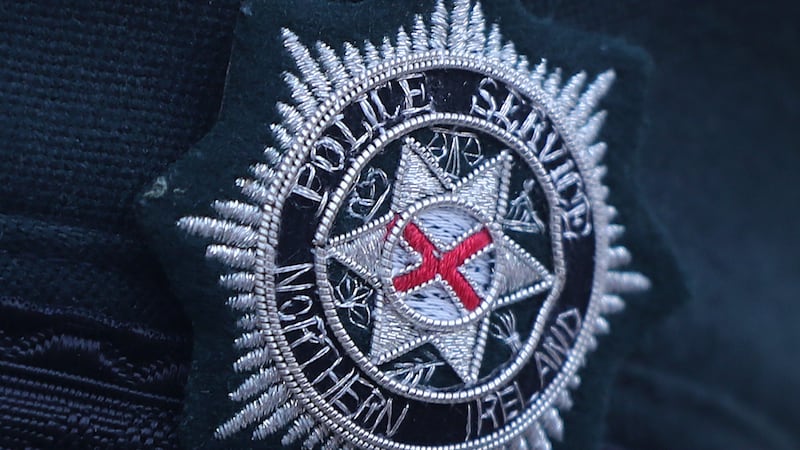Northern Ireland's Covid certification scheme was justified and proportionate, a High Court judge has ruled.
Mr Justice Colton dismissed challenges by two unvaccinated men to the legality of the passports introduced as part of emergency efforts to curb the spread of the virus.
Risteard O'Murchu, 50, alleged the policy was irrational and discriminated against those who remain unjabbed.
Separate proceedings issued by Darren Williams, 40, claimed confidential personal information was unlawfully obtained through the system operated in the hospitality sector.
But the judge rejected all grounds of challenge raised in both applications for leave to seek judicial reviews.
He said: "The regulations at issue were in accordance with the law and served a legitimate aim and were proportionate and justifiable."
Brought in late last year, Covid certification required proof of full vaccination status, a negative test, or recovery from the virus to enter bars, restaurants, cinemas and other venues.
Even though the policy has now been scrapped, it was claimed the restrictions could be enforced again at any stage.
Both cases centred on the legality of the Department of Health's decision to introduce the scheme.
Lawyers for Mr O'Murchu, from Belfast, claimed he has suffered stigmatisation and a breach of human rights.
They argued that the passport requirement was an intrusive step based on "flimsy" evidence that vaccines prevent transmission of the virus.
But according to Mr Justice Colton, the lack of conclusive, peer-reviewed data at this stage of the pandemic was unsurprising.
"What, however, is unarguable is the fact that vaccination reduces the risk of becoming infected with the virus," he said.
"Thus, those who attend high risk settings and who are vaccinated are less likely to be infected and inevitably therefore there is less risk of vaccinated persons, or those with a negative test, transmitting the infection."
Identifying no reason to interfere with the policy decision made, he added: "The court rejects any argument based on irrationality."
Mr Williams, from Carrickfergus, alleged that the vaccine passports were imposed in breach of data protection regulations.
In a challenge focused on how checks were carried out at venues by scanning customers' QR codes, his lawyers described it as a "drastic and draconian" policy which put him off going out over the Christmas period due to concerns about the potential misuse of personal medical information.
But rejecting Mr Williams' case, the judge pointed out there is no real live issue to be determined considering the much-reduced application of the regulations.
Despite accepting there is an argument about whether the data processing was necessary, he stated: "The court is also conscious that it will be slow to interfere in a decision as to what is reasonably necessary in the context of a public health emergency when decisions are taken by elected representatives, who are best placed to assess the public interest."
Mr Justice Colton confirmed: "Notwithstanding the legal issue raised, the court is not persuaded that this is an appropriate case in which to grant judicial review."
Following the verdict Mr O'Murchu's solicitor, Michael Brentnall, stated: "I have been instructed by my client to appeal this decision to the Court
of Appeal."








